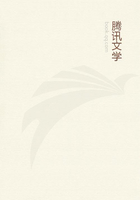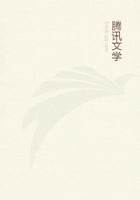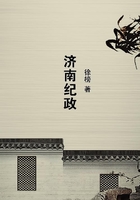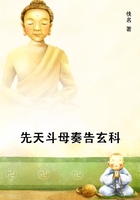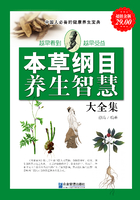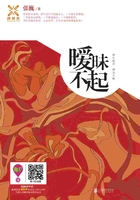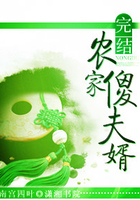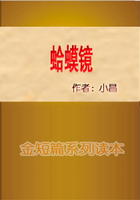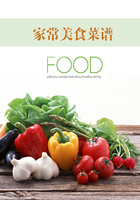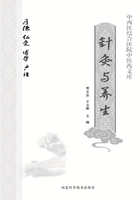Not that these standard theoretical explanations are to be set aside as faulty, inadequate or incomplete; their great volume and sincerity forbids that. It is rather that they are to be accepted as a faithful account of an insubstantial fact in insubstantial terms. And they are probably as good an account of the equitable distribution of free income as the principles of the modern point of view will tolerate.
But while intangible assets represent income which accrues out of certain immaterial relations between their owners and the industrial system, and while this income is accordingly not a return for mechanically productive work done, it still remains true, of course, that such income is drawn from the annual product of industry, and that its productive source is therefore the same as that of the returns on tangible assets. The material source of both is the same; and it is only that the basis on which the income is claimed is not the same for both. It is not a difference in respect of the ways and means by which they are created, but only in respect of the ways and means by which these two classes of income are intercepted and secured by the beneficiaries to whom they accrue. The returns on tangible assets are assumed to be a return for the productive use of the plant;
returns on intangible assets are a return for the exercise of certain immaterial relations involved in the ownership and control of industry and trade.
Best known by name among intangible assets is the ancient rubric of "good-will," technically so called; which has stood over from before the coming of the new order in business enterprise. This has long been considered the original type-form of intangible assets as a class. By ancient usage the term denotes a customary preferential advantage in trade; it is not designed to describe a body of benevolent sentiments. Good-will has long been known, discussed and allowed for as a legitimate, ordinary and valuable immaterial possession of men engaged in mercantile enterprise of all kinds. It has been held to be a product of exemplary courtesy and fair dealing with customers, due to turning out goods or services of an invariably sound quality and honest measure, and indeed due to the conspicuous practice of the ordinary Christian virtues, but chiefly to common honesty. Similarly valuable, and of a similarly immaterial nature, is the possession of a trade-secret, a trade-mark, a patent-right, a franchise, any statutory monopoly, or a monopoly secured by effectually cornering the supply or the market for any given line of goods or services. From any one of these a profitable advantage may be derived, and they have therefore a market value. They afford their possessor a preferential gain, as against his competitors or as against the general body of customers which the state of the industrial arts and the organisation of business throws in his way. After the analogy of good-will, it has been usual to trace any such special run of free income to the profitable use of a special advantage in the market, which is then appraised as a valuable means of gain and comes to figure as an asset of its possessor. But all this goes to explain how these benefits go to these beneficiaries; it does not account for the fact that there is produced a net output of product available for free distribution to these persons.
These supernumerary and preferential gains, "excess profits,"
or whatever words may best describe this class of free income, may be well deserved by these beneficiaries, or they may not. The income in question is, in any case, not created by the good deserts of the beneficiaries, however meritorious their conduct may be. Honesty may conceivably be the best policy in mercantile pursuits, and it may also greatly serve the convenience of any community in which an honest merchant is found; yet honest dealing, strictly speaking, is an agency of conservation rather than of creation. A trade-secret may also be profitable to the concern which has the use of it, and the special process which it covers may be especially productive; but the same article of technological knowledge would doubtless contribute more to the total productivity of industry if it were shared freely by the industrial community at large. Such technological knowledge is an agency of production, but it is the monopoly of it that is profitable to its possessor as a special source of gain. The like applies to patent-rights, of course. Whereas monopolies of the usual kind, which control any given line of industry by charter, conspiracy, or combination of ownership, derive their special gains from their ability to restrain trade, limit the output of goods or services, and so "maintain prices."
Intangible assets of this familiar kind are very common among the business concerns of the new order, particularly among the larger and more prosperous of them, and they afford a rough measure of the ability of these concerns profitably to restrict production. The very large aggregate value of such assets indicates how imperative it is for the conduct of industrial business under the new order to restrict output within reasonable limits, and at the same time how profitable it is to be able to prevent the excessively high productive capacity of modern industry from outrunning the needs of profitable business. For the prosperity of business it is necessary to keep the output within reasonable limits; that is to say, within such limits as will serve to maintain reasonably profitable prices; that is to say, such prices as will yield the largest obtainable net return to the concerns engaged in the business. In this connection, and under the existing conditions of investment and credit, "reasonable returns" means the same thing as "the largest practicable net returns." It all foots up to an application of the familiar principle of "charging what the traffic will bear";

